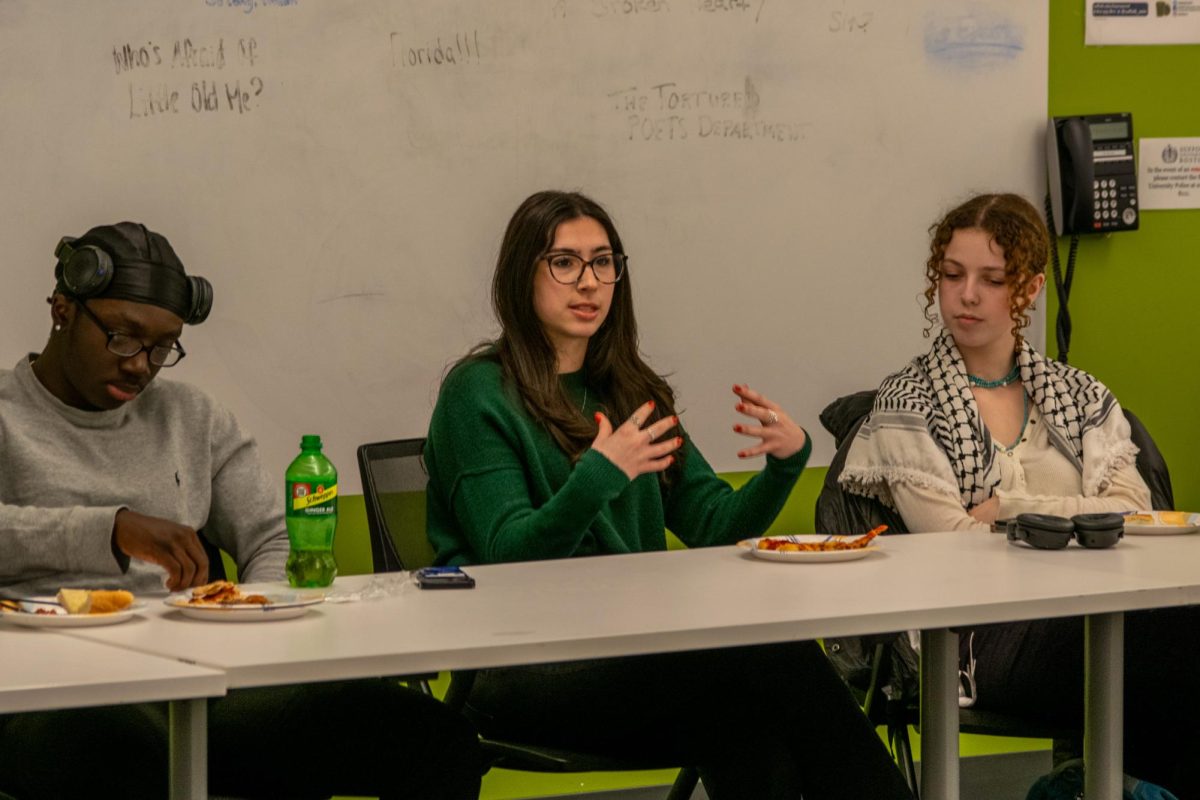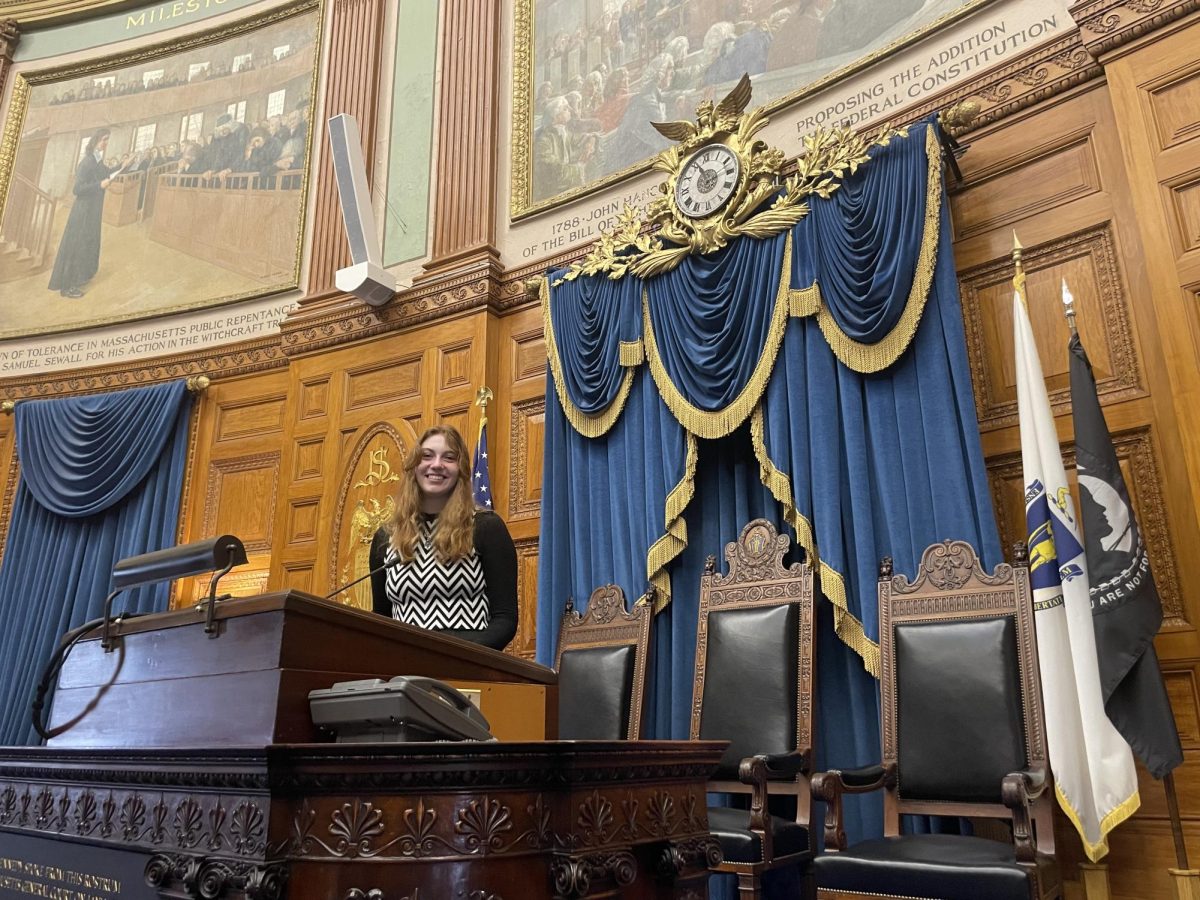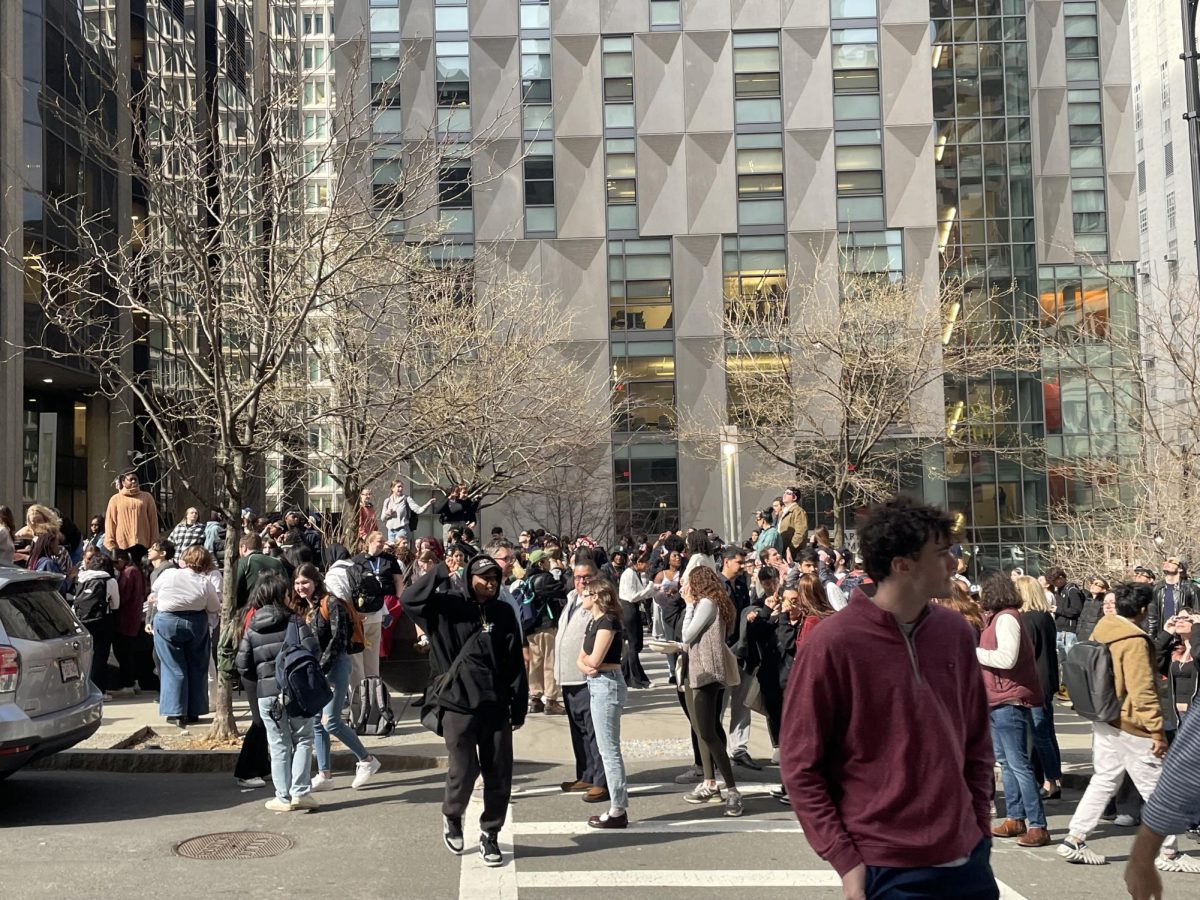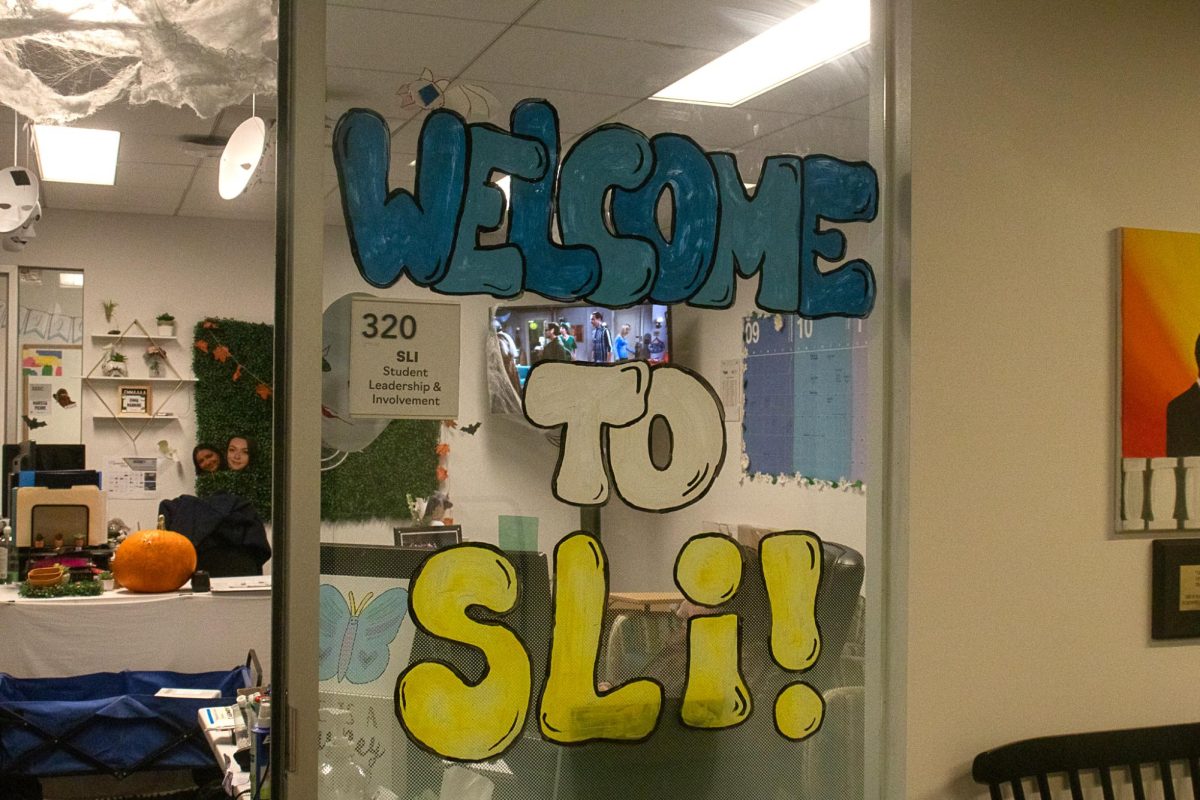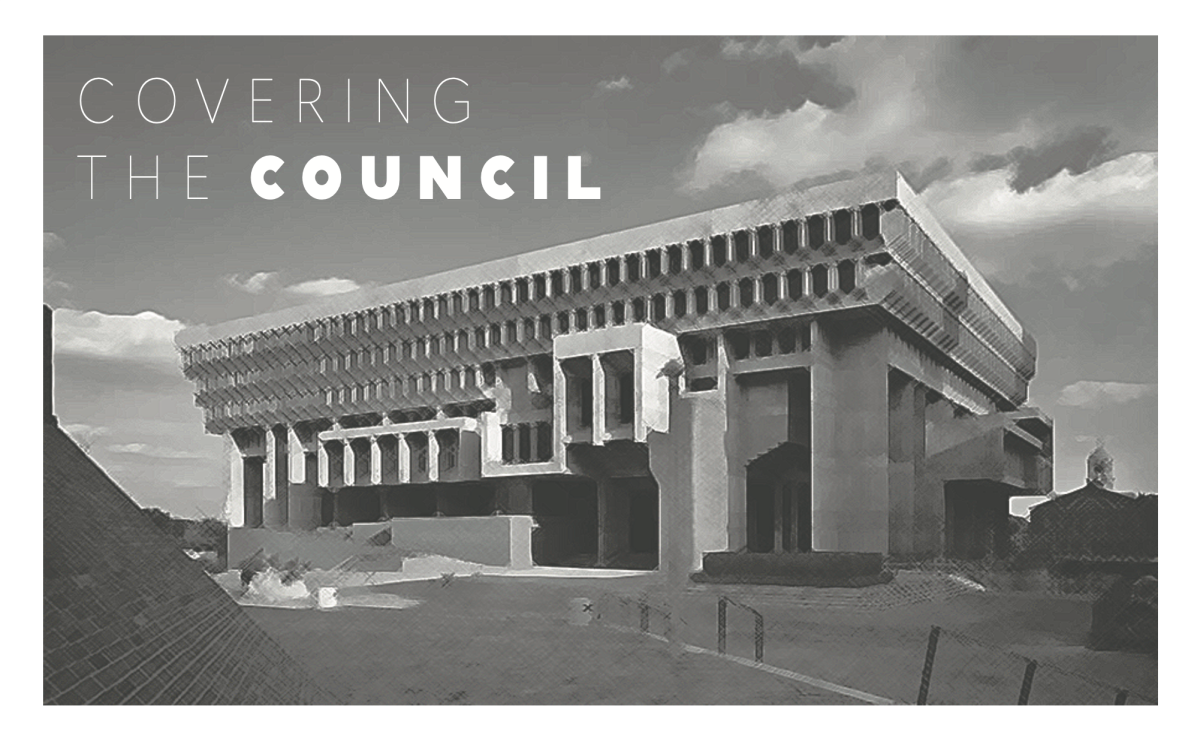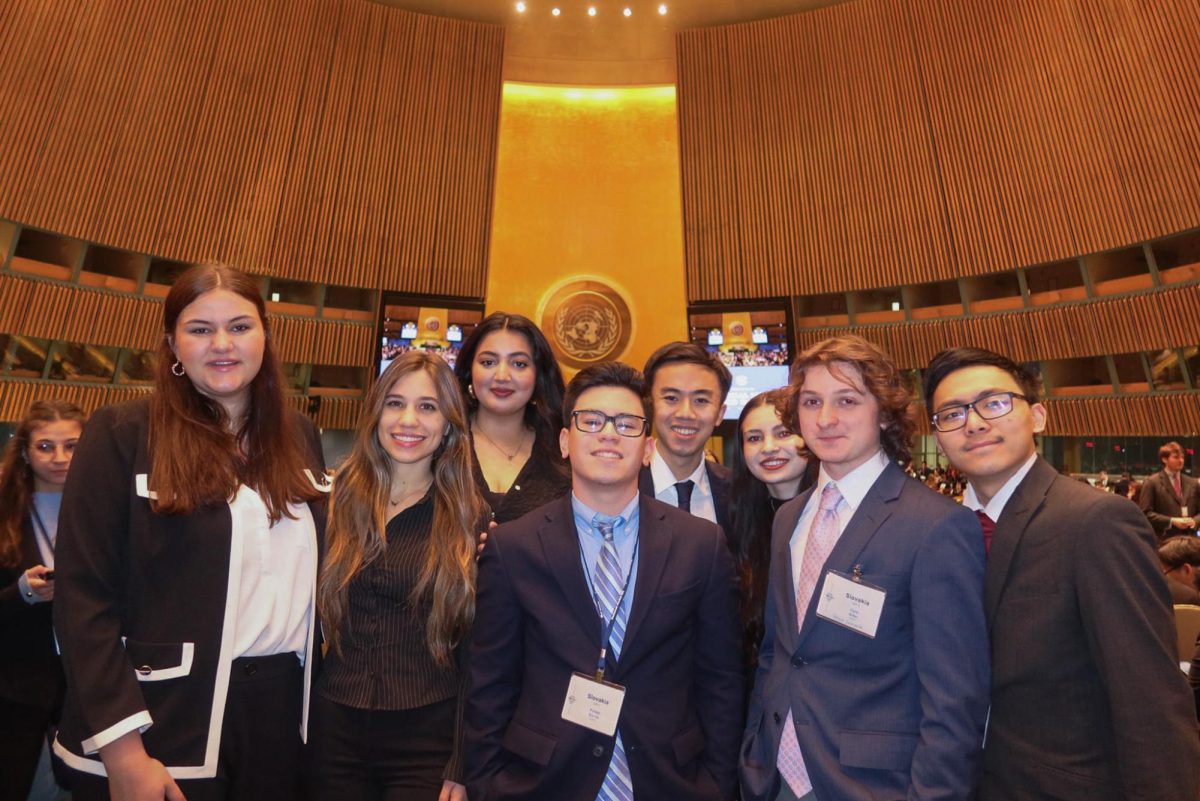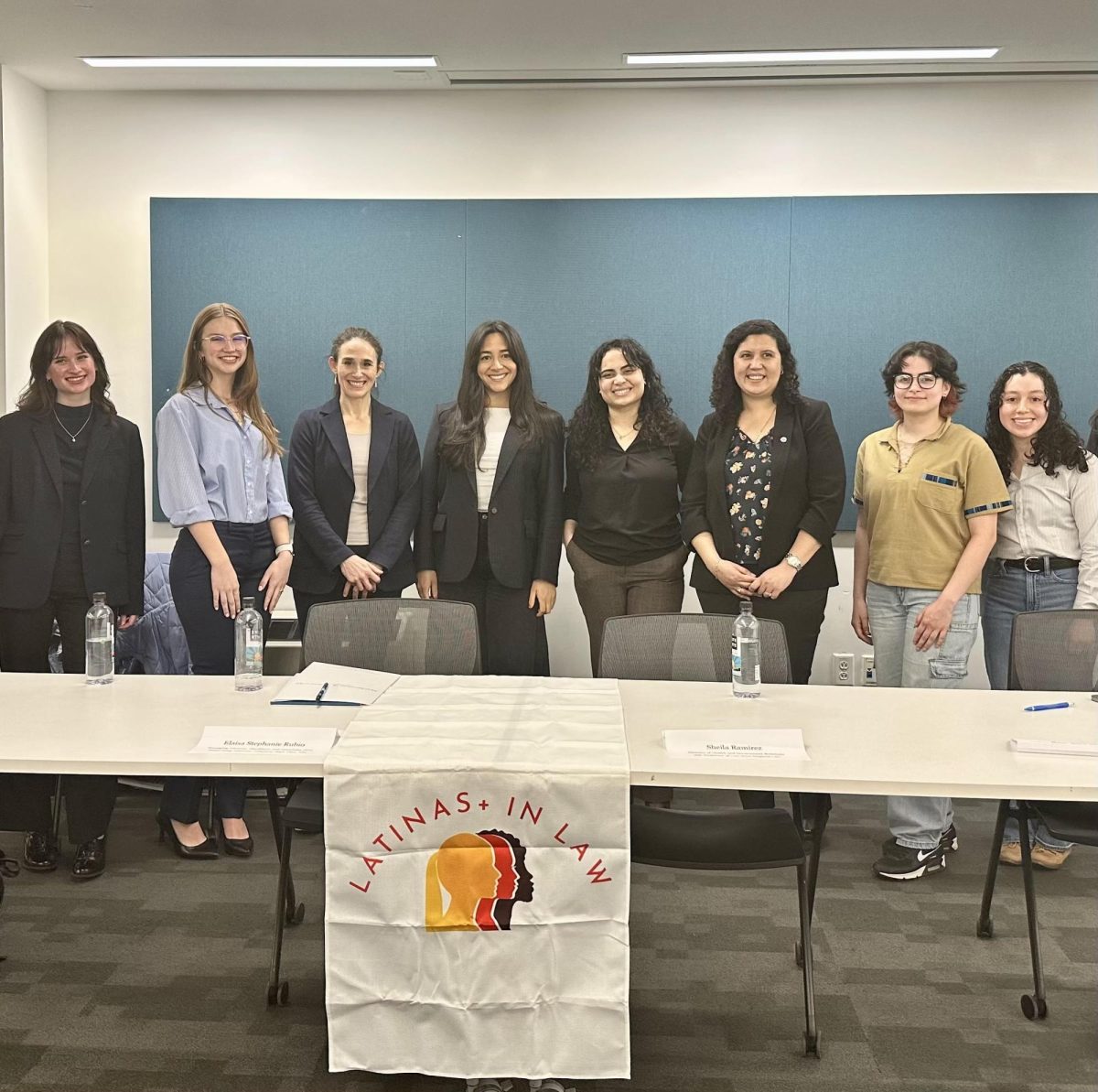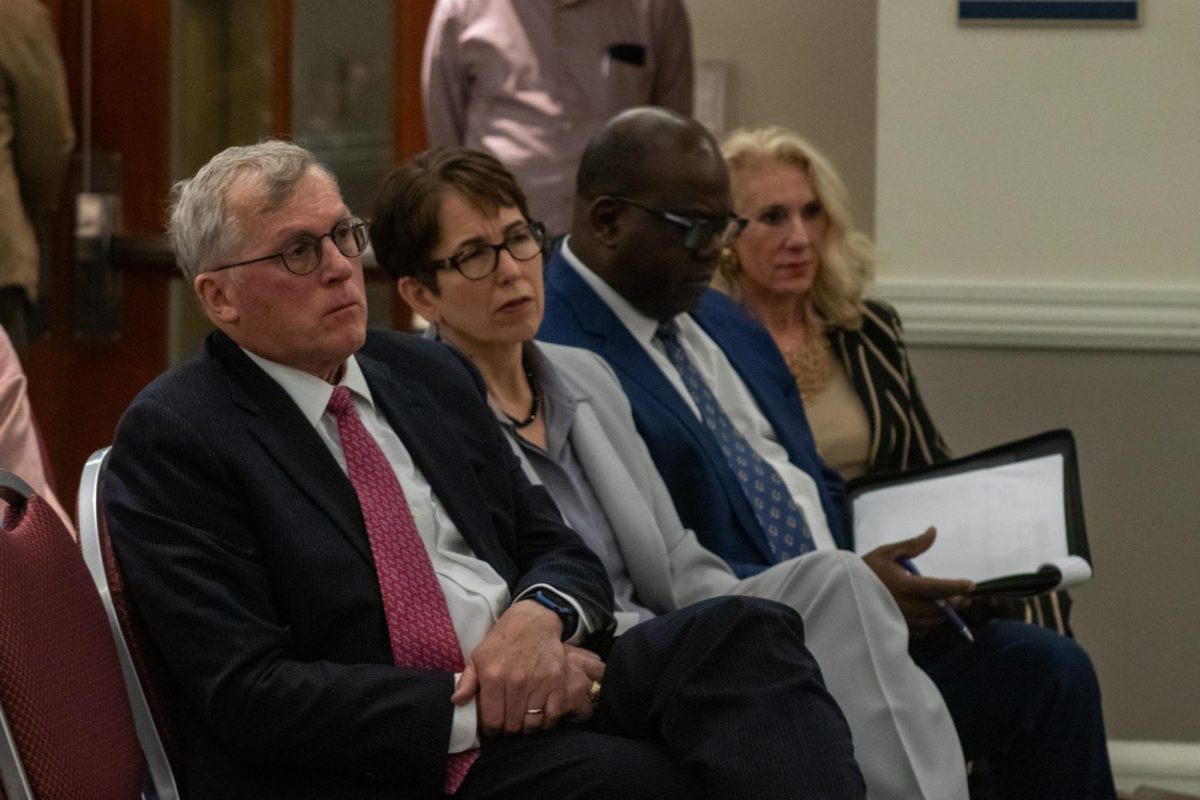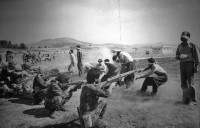
With revolution taking place in multiple countries throughout the world, it only seems fitting to dedicate an entire class to an important revolutions in contemporary history.
The History Department will be offering a new course for the Summer of 2012 called “The History of the Iranian Islamic Revolution,” taught by Professor Shahram Shadbash. The idea for the course came from Shadbash’s personal involvement and interest in the subject, believing it’s one of great importance, stressing that students interested in the Middle East, and who enjoy debate on controversial issues, should strongly consider taking the course.
The course was originally offered at the Suffolk Madrid campus, but is new to the Boston campus. Shadbash said the course was actually offered once before in Boston a few years ago, and is being offered again for this summer.
“If you ask me,” said Shadbash on why the course should appeal to students, “it should be because of the relations between Iran and the United States.”
Shadbash has been a professor at Suffolk for six years and currently teaches Empires and Globalization II as well as the History of the Modern Middle East with co-Professor Tahir Al-Bakaa.
He wanted to teach the course in order to appeal to students who are interested in the Middle East. He believes the revolution was of great importance involving the politics and society of the Iran and Islam and wants to truly examine the effects of the revolution. Students will not only see the revolution in relation to the Middle East, but also how if affected the world.
The course, focused on 1979, will look deeply into the history of the country and the revolution itself. Shadbash plans to examine the causes of the revolution, the politics it affected, the impact on society, economy, and the region. It will also include connections to the United States and the Iran-Iraq War as they apply to the revolution. Much of the class will be based on readings, in-class discussion, and debates. The topics are quite controversial and Shadbash plans to have students discuss and debate policies, nuclear issues, the Arab—Israeli conflict, the roles of women, and point-of-view. Shadbash expects students to explore the topic utilizing outside sources not already in use by the class for a research paper.
Shadbash also wants students to know that the course should be extra interesting due to his personal involvement with the revolution, and experience living in the country in 1979. He will make many remarks regarding his experiences during the lectures. There may also be guest speakers from time to time, including his colleague, Professor Al-Bakaa, an expert on the Middle East.
Shadbash hopes students will be intrigued by the course and develop a deeper understanding of topics concerning the Middle East. He wants students to, “have a good understanding of the topic,” and hopes this will include a proper perspective of the history and politics. “I want to provide information,” said Shadbash.
The class is noted as HST-244 and will hold 25 people. The course is expected to be available again in the Spring of 2013.



